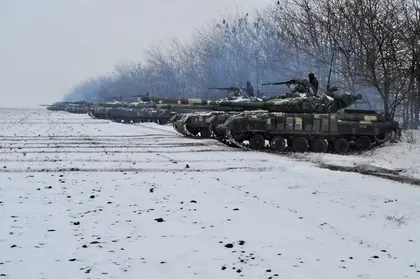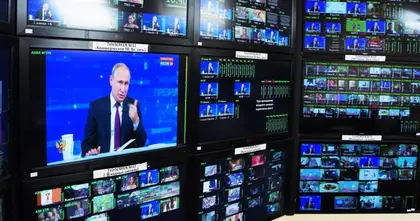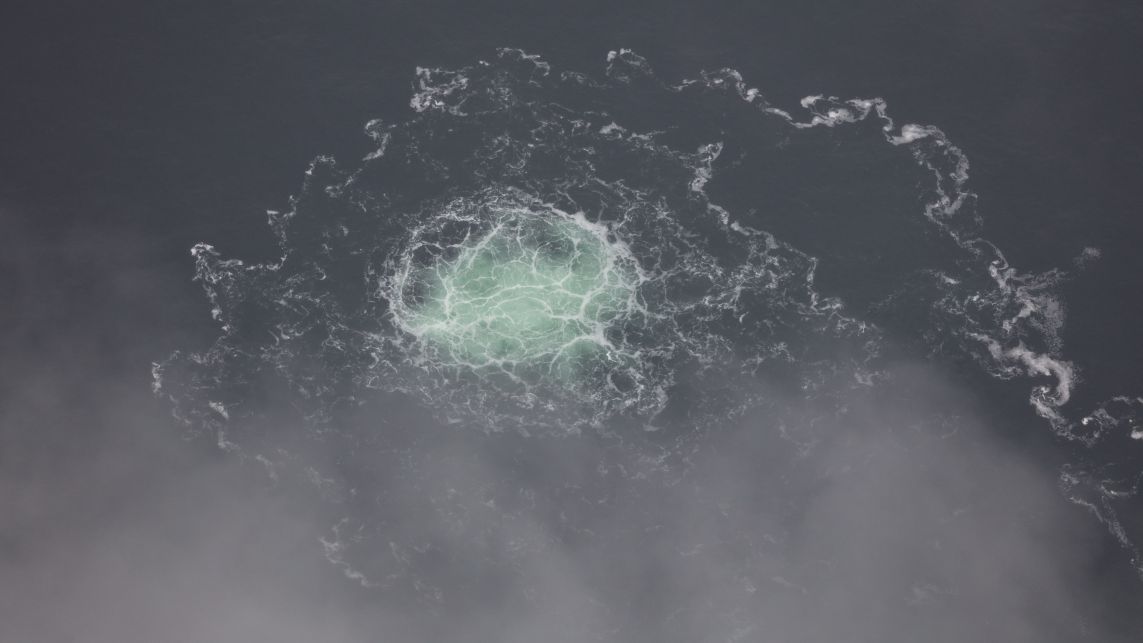Russia’s propaganda apparatus is preparing to exploit coming divisions in European public opinion as inevitable cracks in the support for the Ukrainian war effort appear, a US intelligence firm said on Thursday.
The longer the war goes on the more it will “further strain the relationship between Western populations and their governments”, Recorded Future, a private US threat assessment firm based in Massachusetts, said in a report.
JOIN US ON TELEGRAM
Follow our coverage of the war on the @Kyivpost_official.
“Over time, this will likely result in a natural dwindling of support for the Western coalition resulting from both exhaustion with the war and a lack of appetite for long-term economic pain,” it said.
“Blowback on sanctions” could be a key trigger for shifting views, it said.
“It is almost certain that Russian information operations would further attempt to exploit this opportunity to swing international opinion in their favour,” the report predicted.
Many observers believe that time is on Russia’s side in the conflict, saying western populations’ current high level of support for Ukraine may not survive a prolonged conflict.
Ukrainian President Volodymyr Zelensky appeared to agree with that assessment when he recently urged an end to the fighting before the onset of winter.
Recorded Future said Russia was already running operations to influence public opinion from several angles, and concentrating on a small number of key countries — notably France, Germany, Poland and Turkey.

Threads Leading to Q.V. And Dopey US Foreign Policy: Part II
Recorded Future identified as channels for the attempted influence state media such as RT and websites suspected of being run by the state services like Southfront, in addition to well-known propaganda tools including the Telegram troll farm Cyber Front Z.
The US firm pointed to five likely targets for Russian attempts to influence the narrative: Stirring internal discontent towards Western leaders, portraying Ukrainian refugees in a negative light, reinforcing economic, energy and food security concerns, painting Ukraine as a source of Nazism and fascist movements and inciting distrust of Western media.
Western governments have accused Russia in the past of placing disinformation on social media to influence their political processes, including during the 2016 US election campaign.
You can also highlight the text and press Ctrl + Enter










